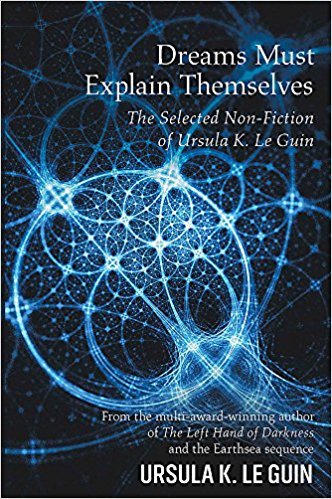What do you think?
Rate this book


400 pages, Paperback
First published January 1, 1975
The limits, and the great spaces of fantasy and science-fiction, are precisely what my imagination needs. Outer Space, and the Inner Lands, are still, and always will be, my country.